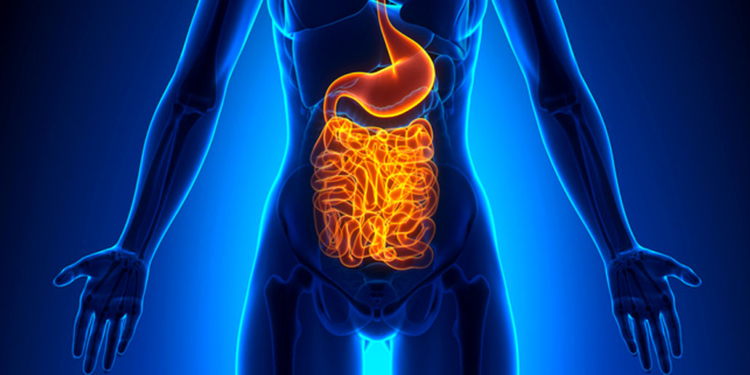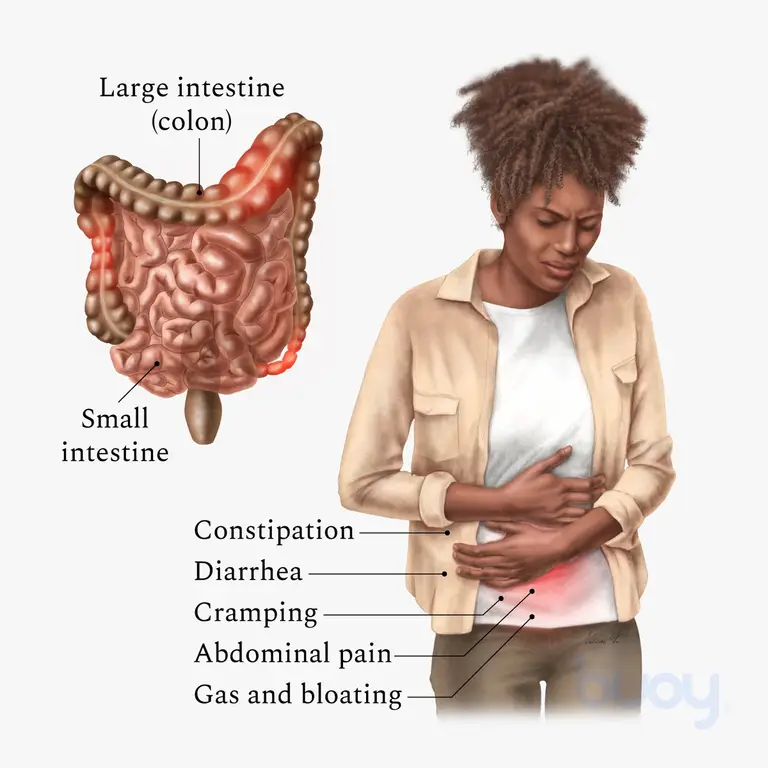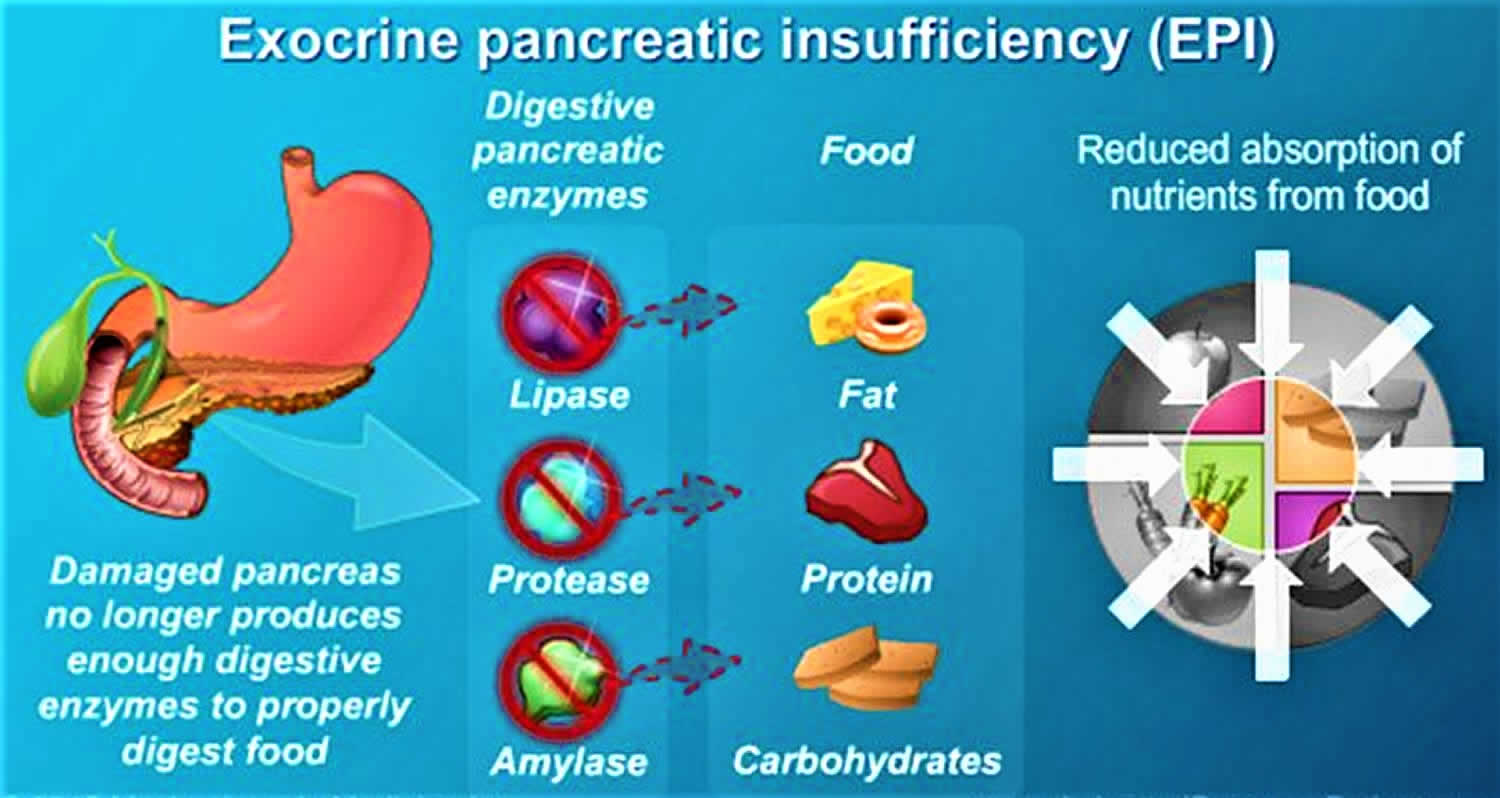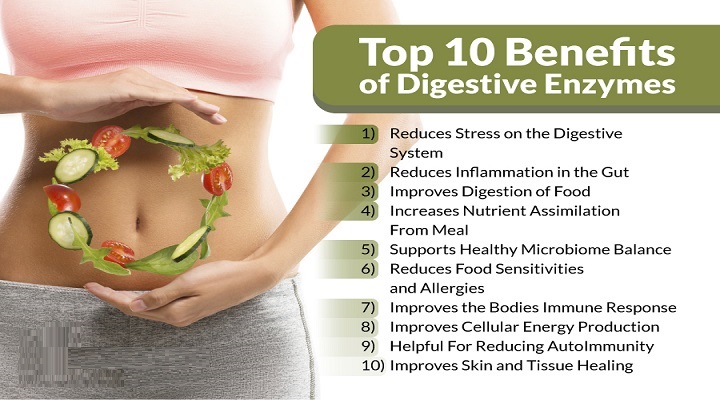
In this author’s most recent posts, IBS was explored with a particular focus upon nutritional support to manage said condition. In the following sections, this author would like to explore other nutritional themes that could prove useful in mitigating the pathophysiology and symptoms underlying IBS. As such, the following will consider digestive enzyme supplementation as a means of improving nutrient absorption and its relationship to IBS and overall health.

IBS often presents with bloating, abdominal distension, and diarrhea.1 Furthermore, IBS can be characterized and defined by recurrent abdominal pain at least 1 day per week within the last 3 months, and is associated with two or more additional criteria (related to defecation): a change in frequency of stool, and a change in form (appearance) of stool.1(651) If an individual, for example, presents with frequent bouts of diarrhea after consumption of food one day a week or more, one might suspect IBS-D (irritable bowel syndrome with diarrhea). Such symptoms are particularly relevant to address, since persistent diarrhea can deprive individuals of key nutrients and induce dehydration; a condition, that if left unchecked, can be life threatening.2

One cause of IBS-D is a lack of enzyme production necessary to breakdown macronutrients (i.e., carbohydrates, proteins, and fats). If an individual presents with diarrhea, a simple test can be performed if a lack of digestive enzyme production (from the pancreas) is suspected. Such a measure is known as a fecal elastase test; an assay which determines the concentration of said enzyme.1(651) Elastase-1 is produced by the pancreas and usually appears intact in normal stool samples.1(651) Typical/normal concentrations usually range from 200 mcg/g and above, while atypical concentrations range from 100 mcg/g and below.1(651) Thus, if an individual has diarrhea and a fecal elastase-1 result of 100 mcg/g or lower, pancreatic insufficiency if highly suspect. As such, the following will consider the efficacy of digestive aids amongst individuals with IBS-D.

If fecal elastase-1 results indicate pancreatic digestive enzyme insufficiency, one intervention could be the use of exogenous digestive enzyme supplementation. The association of low fecal elastase level and IBS-D-like presentation has encouraged studies with pancreatic and other enzymes. Graham et al1(652) cited a study of 314 patients with IBS-D which found that 19 (6.1%) had sub-optimal fecal elastase-1 levels. Furthermore, pancreatic enzyme supplementation yielded a statistically significant improvement in stool consistency, frequency, and reduction of abdominal pain.1(652) Such results were prominent in patients with low fecal elastase level (<100 mcg/g) but not amongst individuals with normal fecal elastase-1 levels (>200 mcg/g).1(652) Said result suggests that low fecal elastase-1 level in IBS-D might indicate a dysfunction in pancreatic enzyme production.

In conclusion, IBS can often present with bloating, abdominal distension, and diarrhea. Left unmitigated, IBS-D can negatively affect an individual’s relationships, physical productivity, and overall quality of life. However, simple and cost-effective interventions, such as digestive enzyme supplementation, could serve as another means to improve digestion/absorption of nutrients. Ultimately, such a protocol, as part of a larger and more inclusive approach, would help individuals reach and maintain a state of improved health, performance, and longevity.
References
1. Graham DY, Ketwaroo GA, Money ME, et al. Enzyme therapy for functional bowel disease-like post-prandial distress. J Digest Dis. 2018;19(11):650-656. doi:10.1111/1751-2980.12655.
2. Diarrhea: Symptoms and Causes. Mayo Clinic website. https://www.mayoclinic.org/diseases-conditions/diarrhea/symptoms-causes/syc-20352241?page=0&citems=10. Updated May 16, 2020. Accessed February 26, 2020.
-Michael McIsaac
